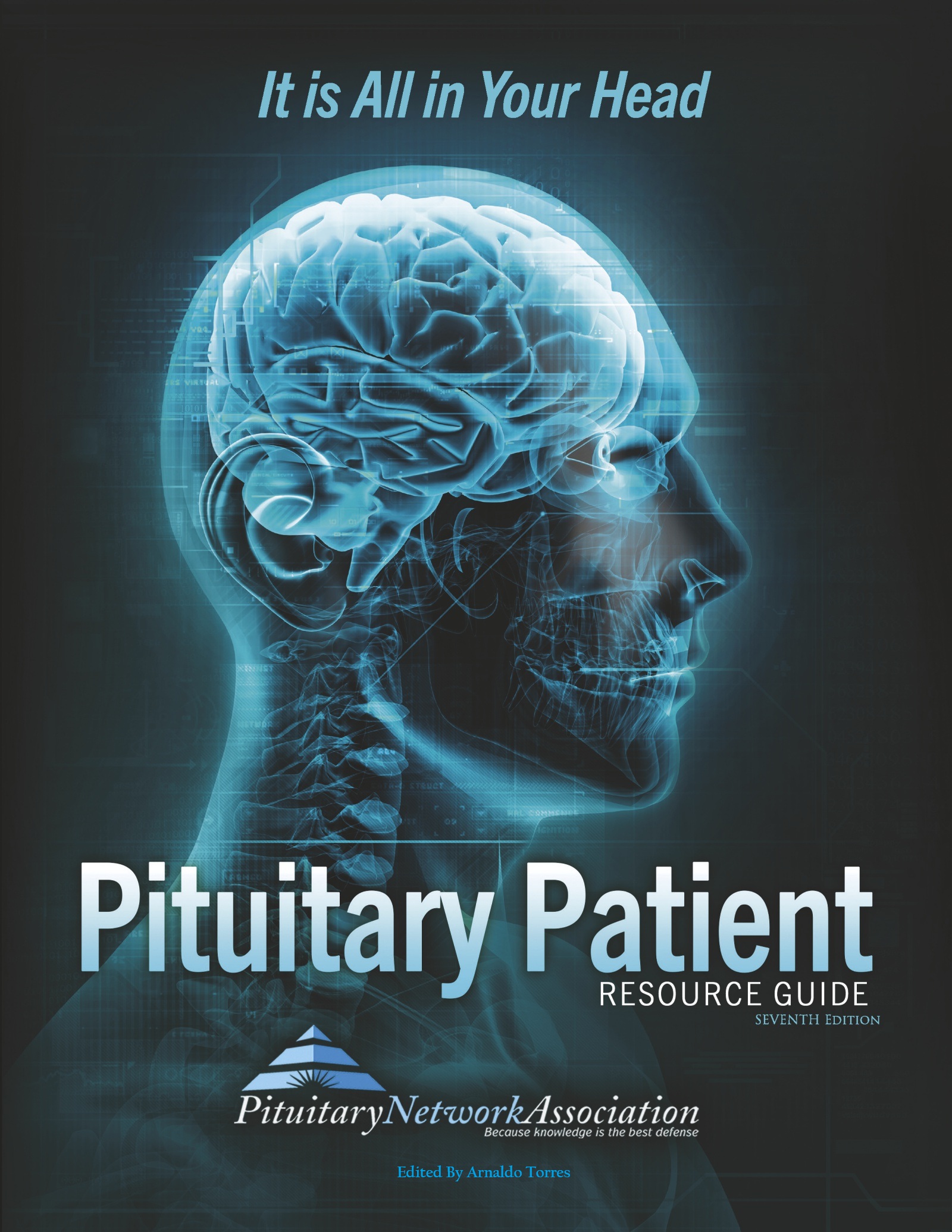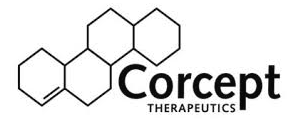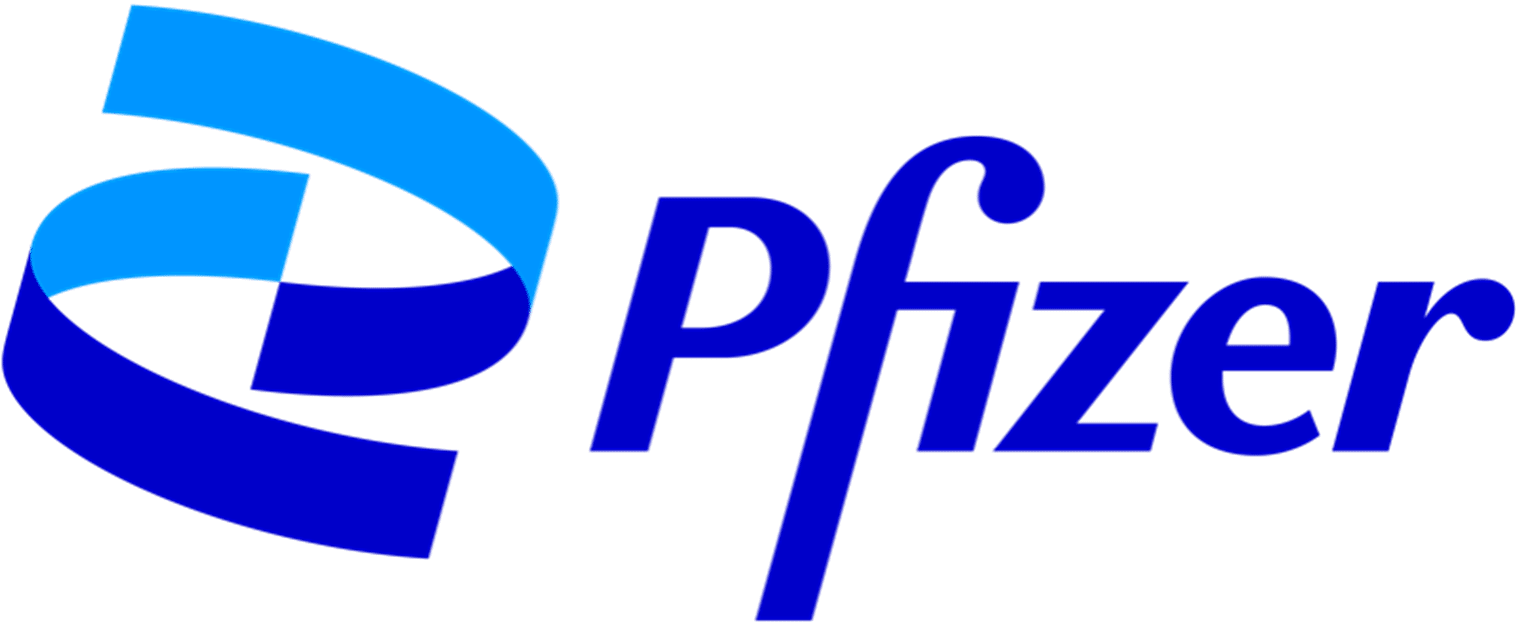Disorders
Introduction To The Pituitary Gland
The pituitary is a small, bean-shaped gland located below the brain in the skull base, in an area called the pituitary fossa or sella turcica. The gland is regulated by a region of the brain called the hypothalamus and they are connected by a thin delicate vascular connection called the pituitary stalk or infundibulum. Weighing less than one gram and measuring a centimeter in width, the pituitary gland is often called the “master gland” since it controls the secretion of the body’s hormones. These substances when released by the pituitary into the blood stream have a dramatic and broad range of effects on growth and development, sexuality and reproductive function, metabolism, the response to stress and overall quality of life. The pituitary gland is thus at the anatomical and functional crossroads of the brain, mind and body.
Structurally, the pituitary gland is divided into a larger anterior region (adenohypophysis) and a smaller posterior region (neurohypophysis). Directly above the pituitary gland are the crossing fibers of the optic nerves called the optic chiasm as well as the optic nerves as they project to the eyes. On each side of the pituitary gland is the cavernous sinus which is a venous channel through which runs the large carotid arteries that carry blood to the brain, and important nerves that control eye movements and facial sensation. Because of the close proximity of the pituitary gland to these major intracranial nerves and blood vessels, as well as the vital hormonal control the pituitary gland provides, disorders of the pituitary can cause a wide spectrum of symptoms, both hormonal and neurological.
Listed below are the specific hormones produced by the pituitary:
Growth Hormone (GH): This is the principal hormone that, among many other functions, regulates body and brain development, bone maturation, metabolism and is essential for healthy muscles.
Luteinizing Hormone (LH) and Follicle Stimulating Hormone (FSH): These hormones control the production of sex hormones (estrogen and testosterone) as well as sperm and egg maturation and release.
Prolactin (PRL): This hormone stimulates secretion of breast milk.
Thyroid Stimulating Hormone (TSH): This hormone stimulates the thyroid gland to release thyroid hormones. Thyroid hormones control basal metabolic rate and play an important role in growth and maturation. Thyroid hormones affect almost every organ in the body.
Adrenocorticotropic Hormone (ACTH): This hormone triggers the adrenal glands (located above the kidneys) to release the hormone cortisol which in turn, regulates carbohydrate, fat, and protein metabolism and is essential in the stress response.
Vasopressin – Also called anti-diuretic hormone (ADH): This hormone promotes water to be reabsorbed by the kidneys and is thus essential in water and electrolyte balance.
In disease states, the pituitary gland may under- or over-produce hormones. Decreased or absent hormone production from the pituitary gland is called hypopituitarism (Pituitary Failure). The symptoms and treatments for pituitary failure are listed below:
| Hormone Deficient | Symptoms | Treatment |
| GH | Children: Growth delay Adults: Decreased muscle mass, increased body fat, elevated cholesterol, low bone density (osteoporosis), impaired psychological well-being, poor quality of life |
Recombinant Human Growth Hormone – Given once daily as an injection under the skin. |
| LH/FSH | Decreased libido, erectile dysfunction, irregular or absent menses, decreased body hair, decreased muscle strength, hot flashes, mood changes | Men: Testosterone – Given once daily as an injection under the skin Women: Estrogen & Progesterone – Given as either topical patch or pills |
| ACTH | Poor appetite, nausea, weakness, vomiting, low blood sugar, low blood pressure, dizziness, body aches | Hydrocortisone or Prednisone – Given as daily pills |
| TSH | Fatigue, weakness, cold intolerance, dry skin, constipation, heavy and/or painful menses, weight gain, memory loss, mood disturbance | Levothyroxine – Given as daily pills (some examples include Synthroid or Levoxyl or Levothroid or Armour Thyroid |
| Prolactin | Inablility to lactate | No treatment available |
| Vasopressin (ADH) | Increased thirst and frequent urination | DDAVP – Given either as daily pills or nasal spray |
Hormone Deficient: GH
- Symptoms:
Children: Growth delay
Adults: Decreased muscle mass, increased body fat, elevated cholesterol, low bone density (osteoporosis), impaired psychological well-being, poor quality of life - Treatment:
Recombinant Human Growth Hormone – Given once daily as an injection under the skin.
Hormone Deficient: LH/FSH
- Symptoms:
Decreased libido, erectile dysfunction, irregular or absent menses, decreased body hair, decreased muscle strength, hot flashes, mood changes - Treatment:
Men: Testosterone – Given once daily as an injection under the skin
Women: Estrogen & Progesterone – Given as either topical patch or pills
Hormone Deficient: ACTH
- Symptoms:
Poor appetite, nausea, weakness, vomiting, low blood sugar, low blood pressure, dizziness, body aches - Treatment:
Hydrocortisone or Prednisone – Given as daily pills
Hormone Deficient: TSH
- Symptoms:
Fatigue, weakness, cold intolerance, dry skin, constipation, heavy and/or painful menses, weight gain, memory loss, mood disturbance - Treatment:
Levothyroxine – Given as daily pills (some examples include Synthroid or Levoxyl or Levothroid or Armour Thyroid)
Hormone Deficient: Prolactin
- Symptoms:
Inability to lactate - Treatment:
No treatment available
Hormone Deficient: Vasopressin (ADH)
- Symptoms:
Increased thirst and frequent urination - Treatment:
DDAVP – Given either as daily pills or nasal spray
Pituitary tumors (also called pituitary adenomas) can result in hormonal overproduction causing serious endocrine disturbances such as acromegaly (excess GH), Cushing’s disease (excess ACTH) or prolactinoma (excess prolactin).
Other pituitary adenomas are non-functional or “endocrine-inactive,” meaning that they do not produce excess hormones. Instead, as these tumors enlarge, they can cause compression of the normal pituitary gland leading to decreased or absent hormone production (hypopituitarism or pituitary failure), visual loss from optic chiasm or optic nerve compression and headaches.
Pituitary failure may also result from bleeding into a pituitary tumor, pituitary or intracranial surgery, radiation therapy to the pituitary or head trauma. Other tumors that arise near the pituitary gland which can also impact pituitary hormonal function include Rathke’s cleft cysts, craniopharyngiomas, meningiomas, chordomas, gliomas and epidermoid cysts.






